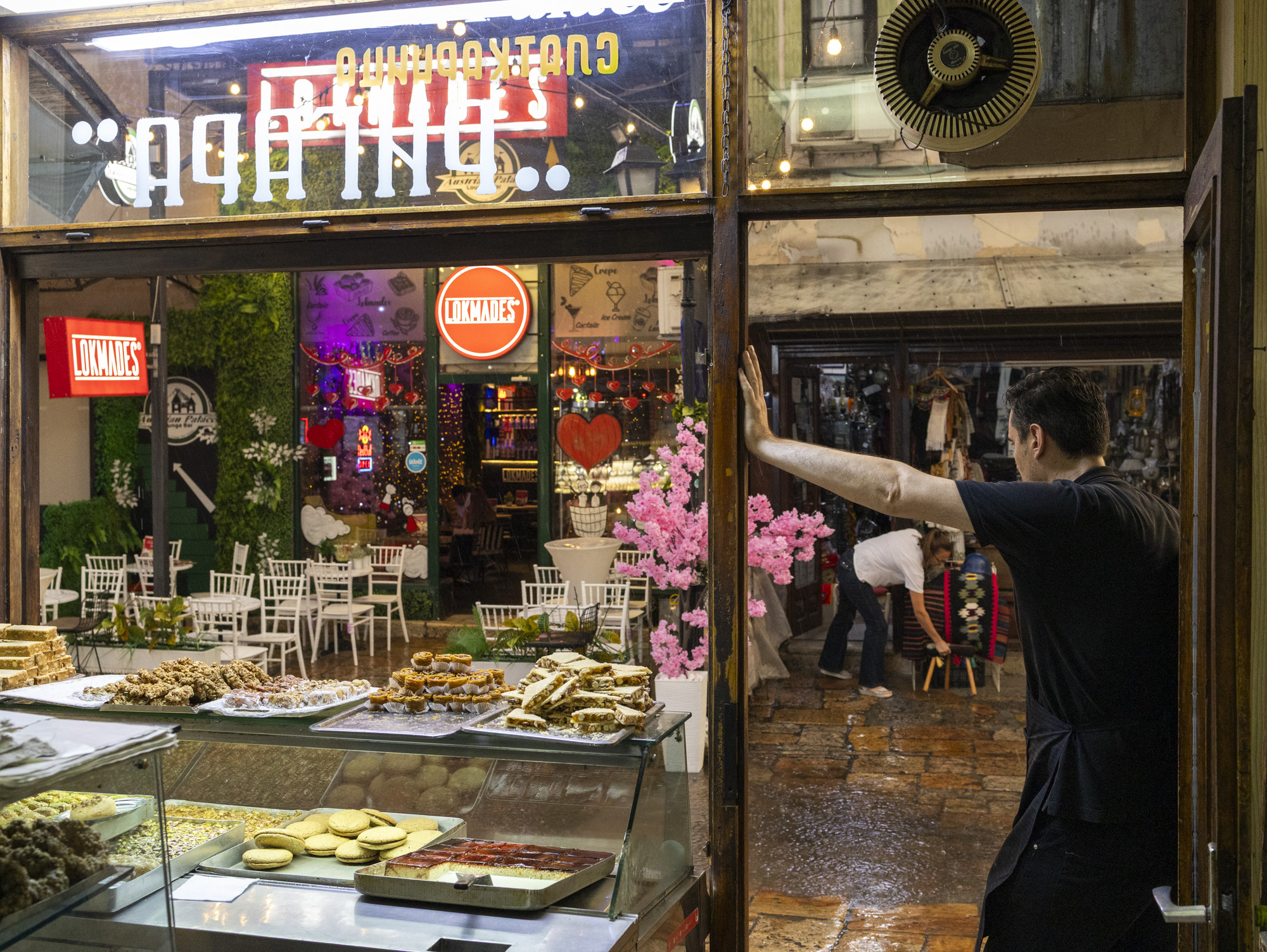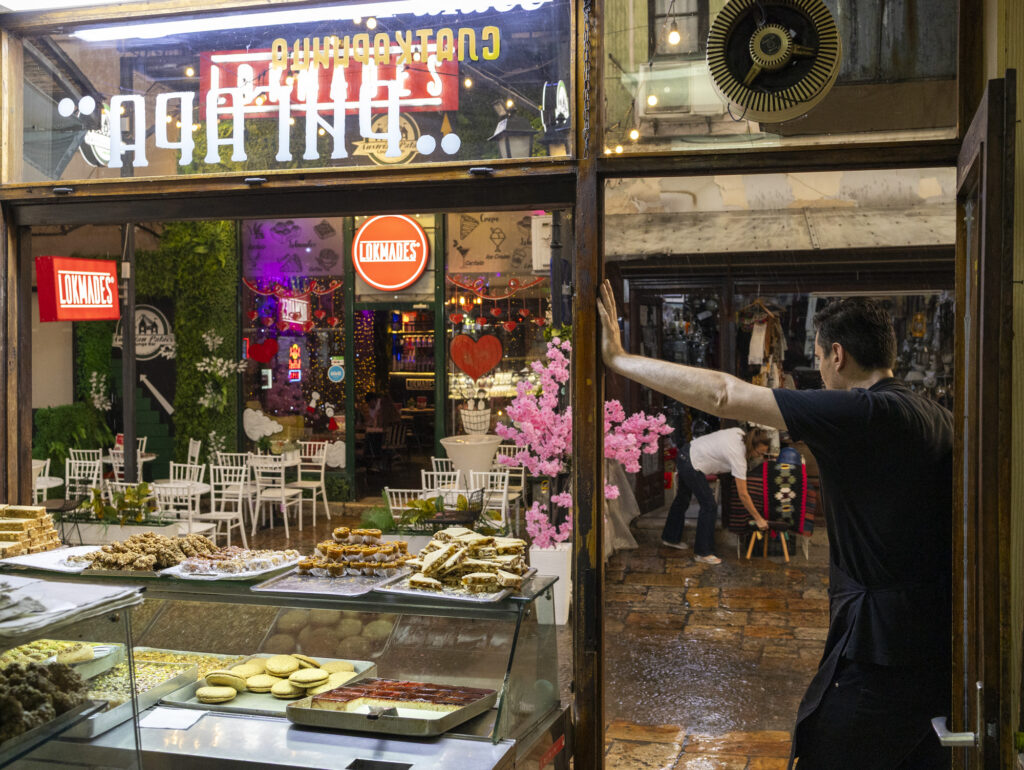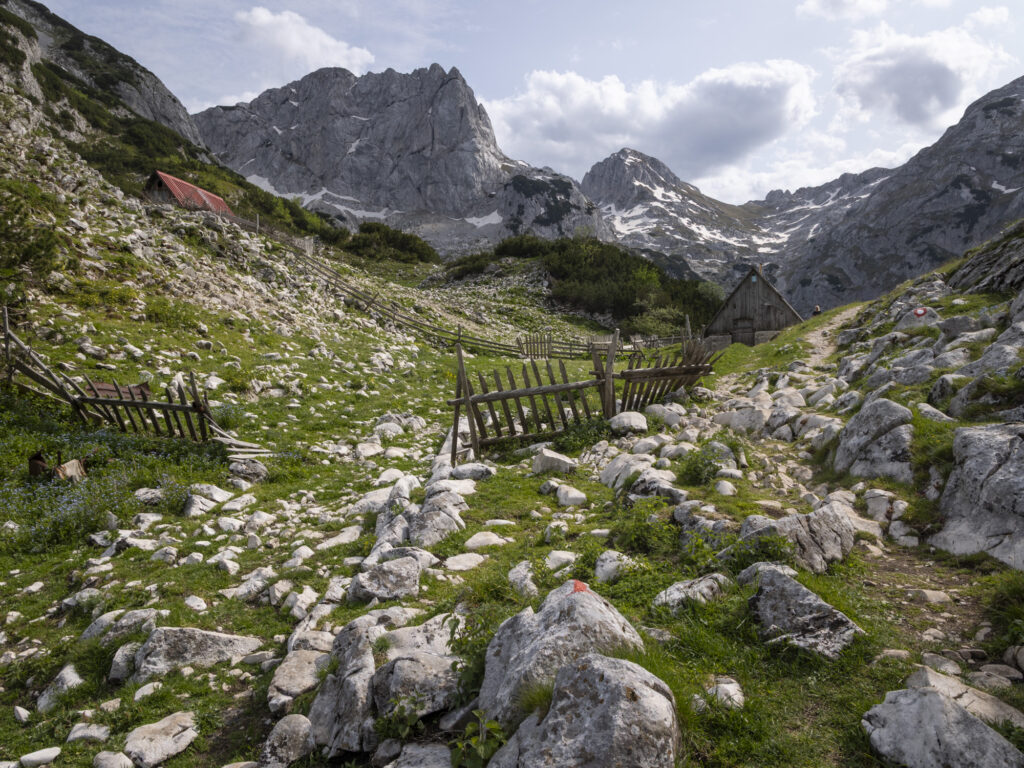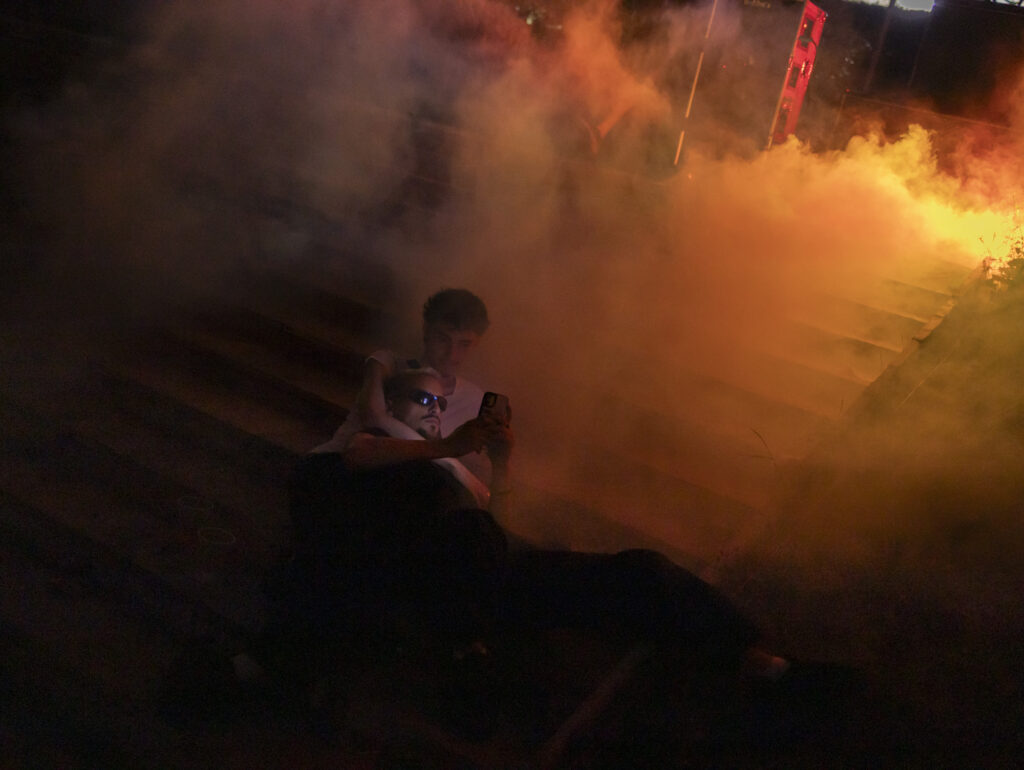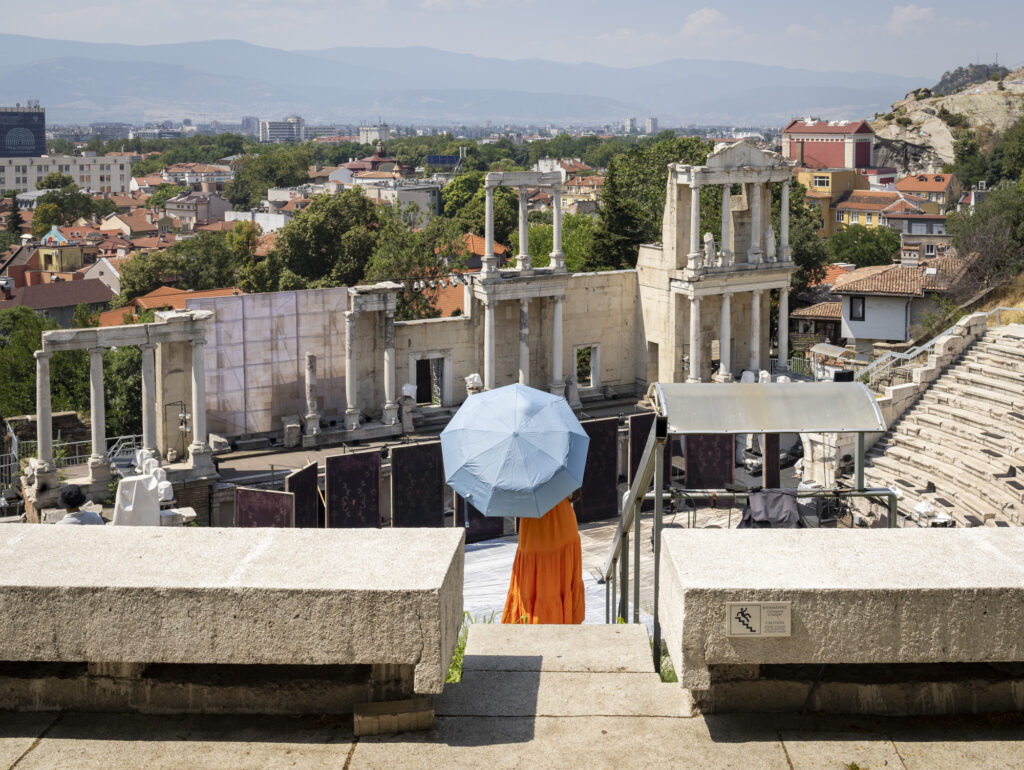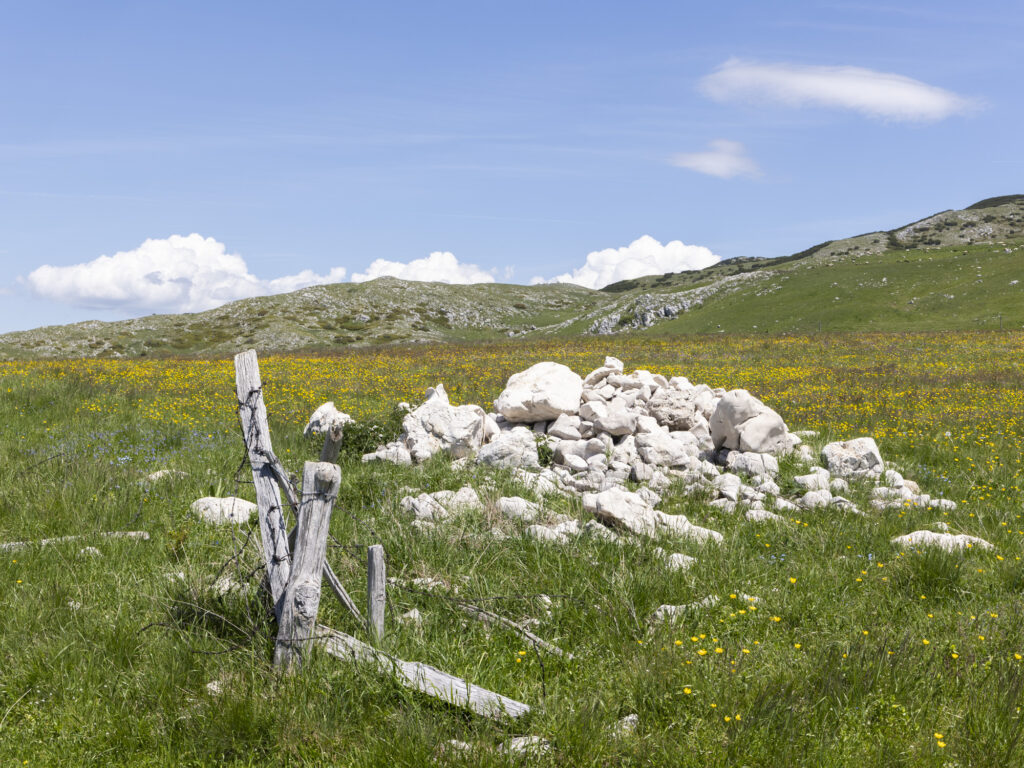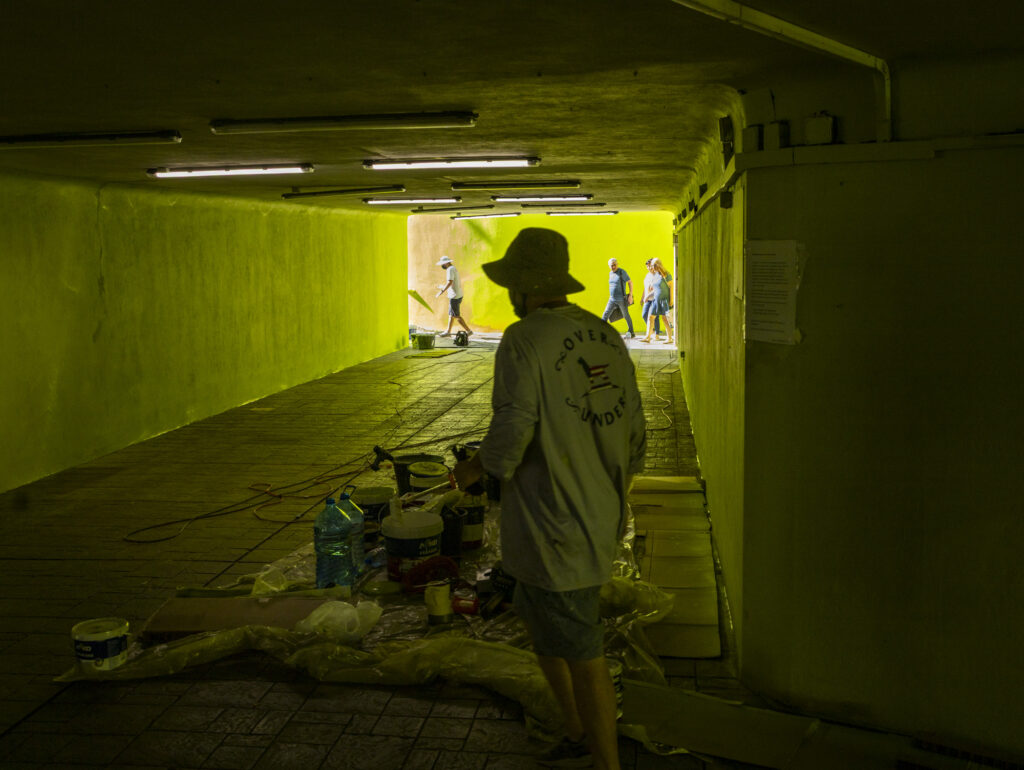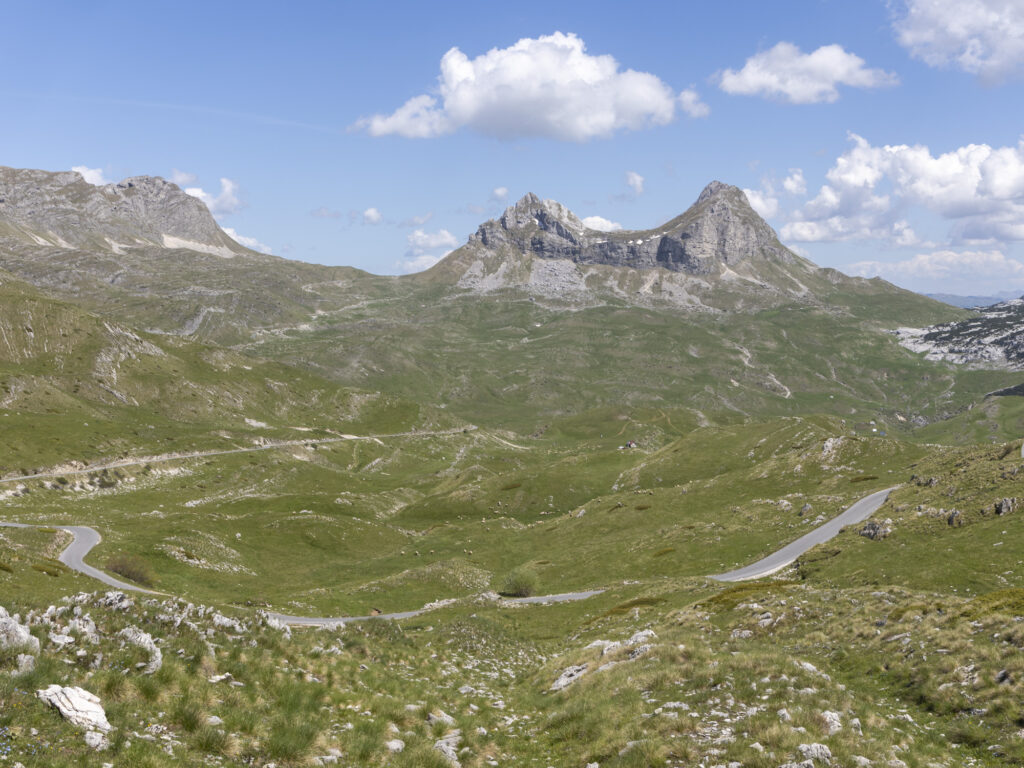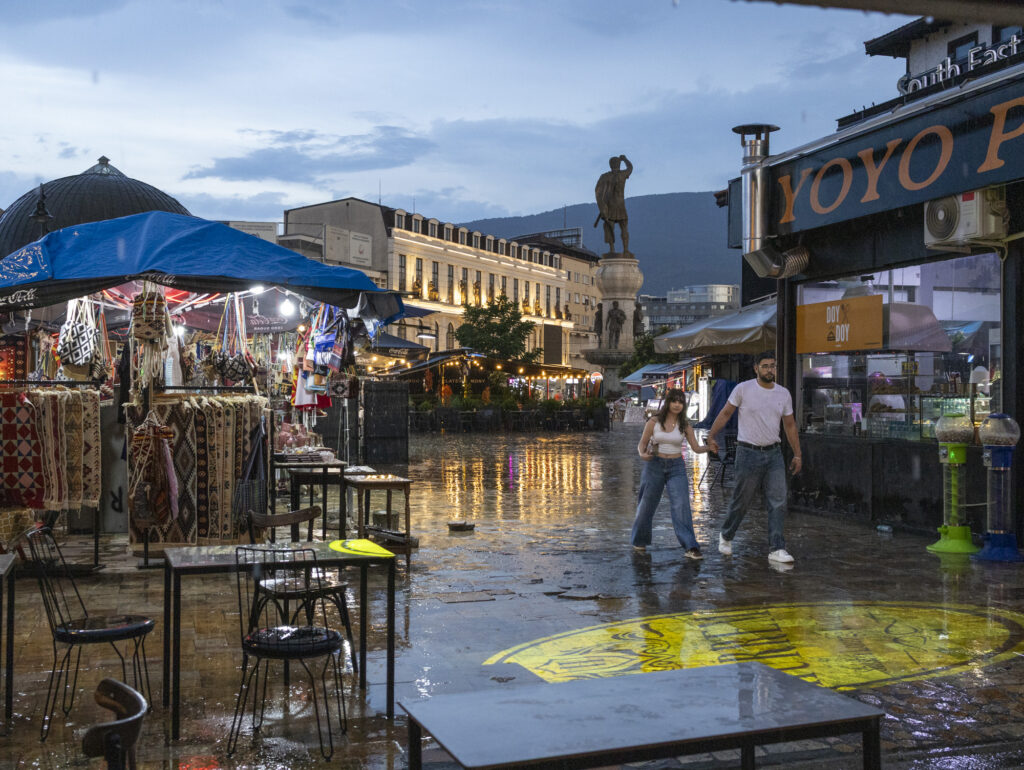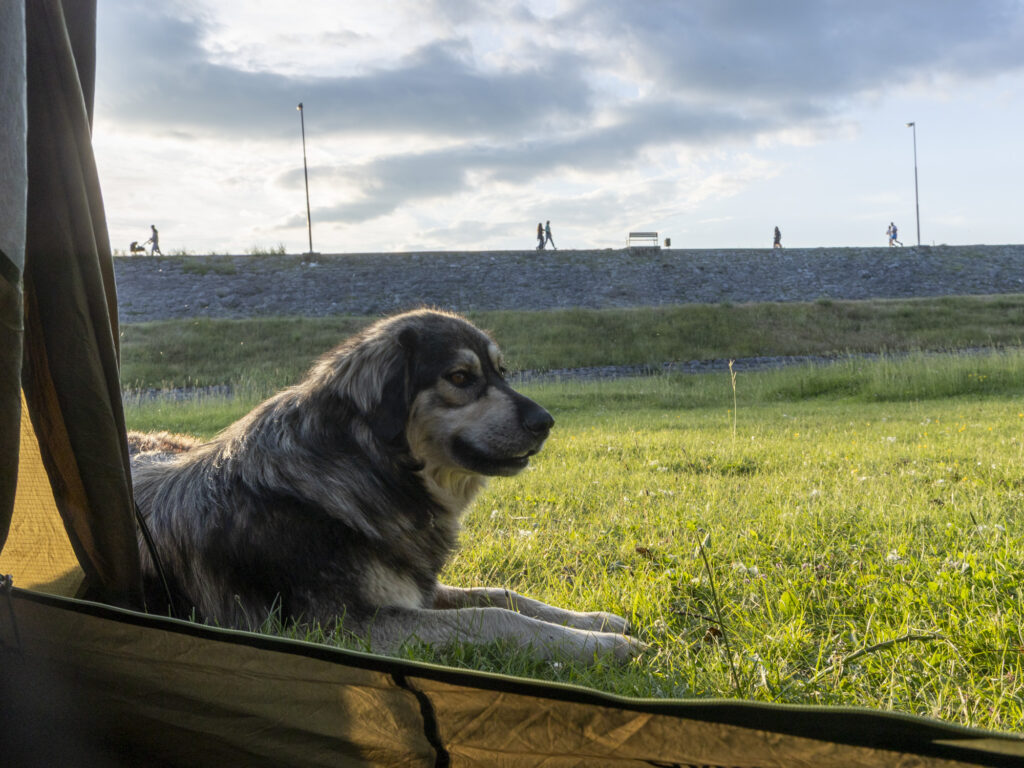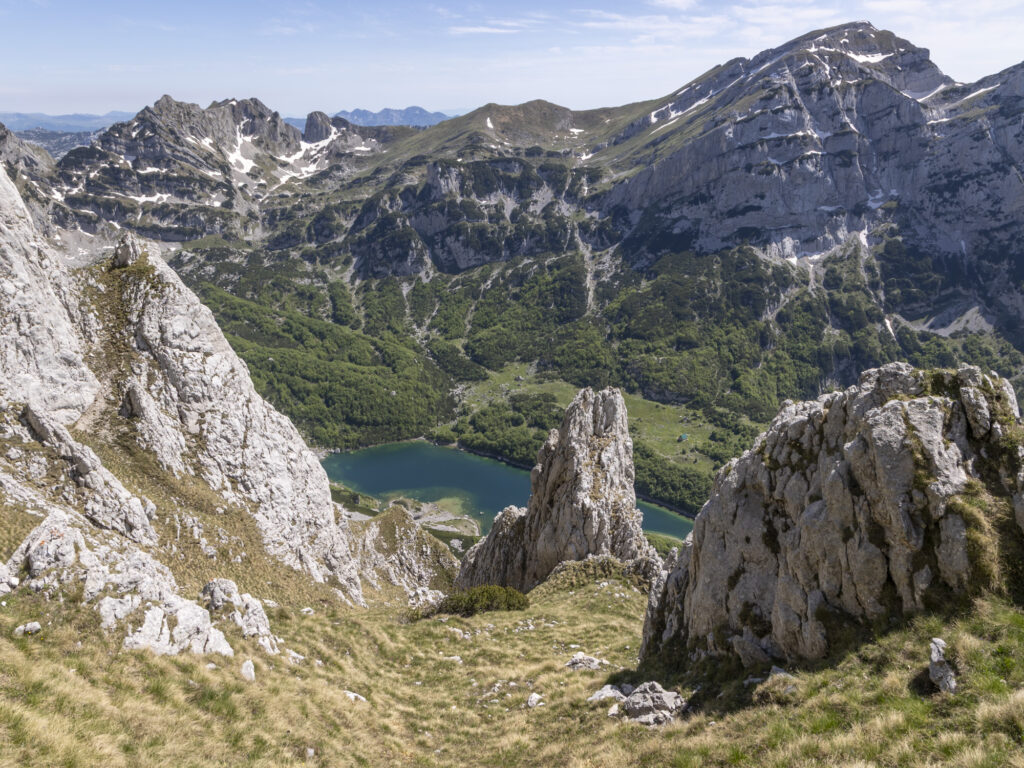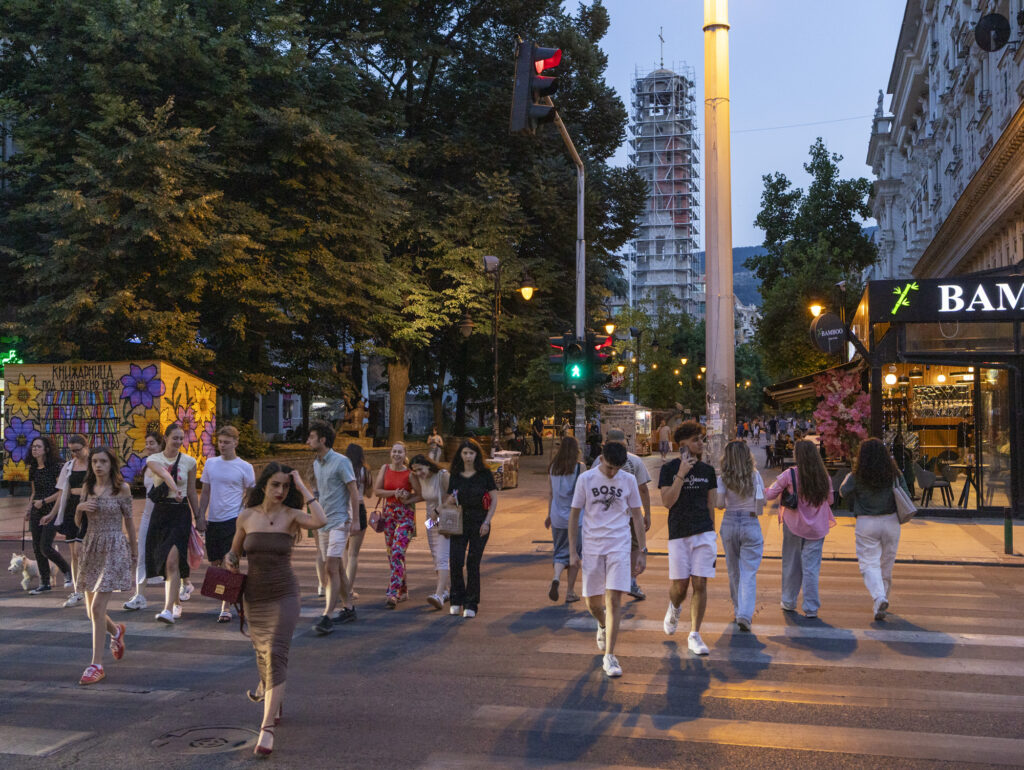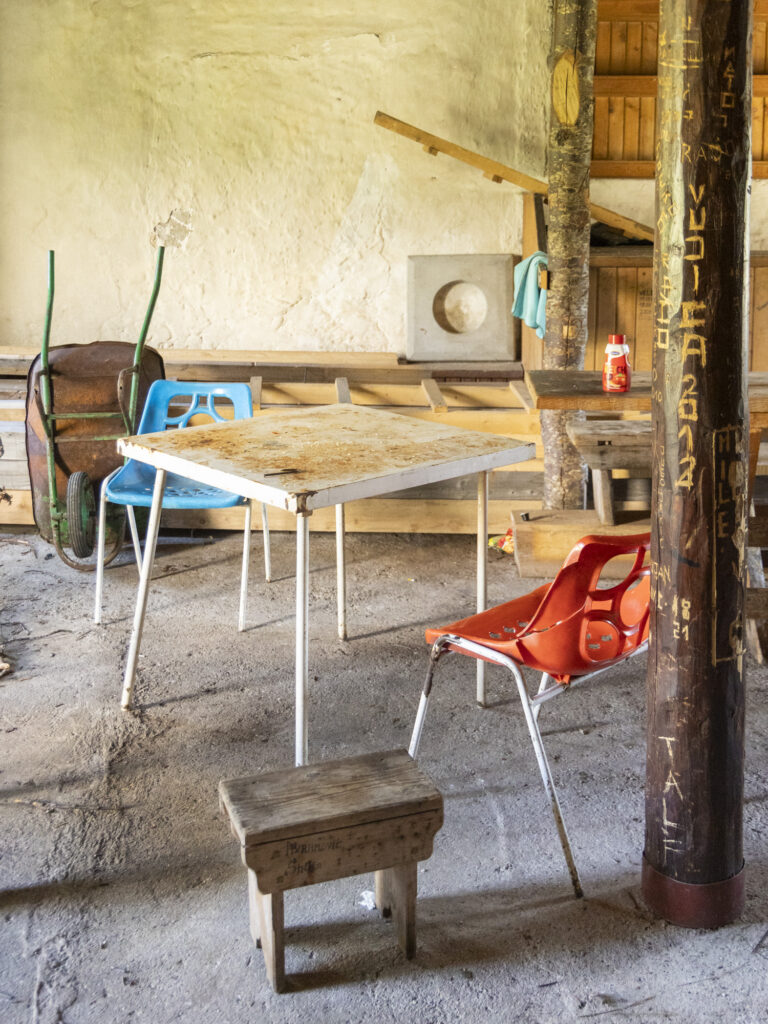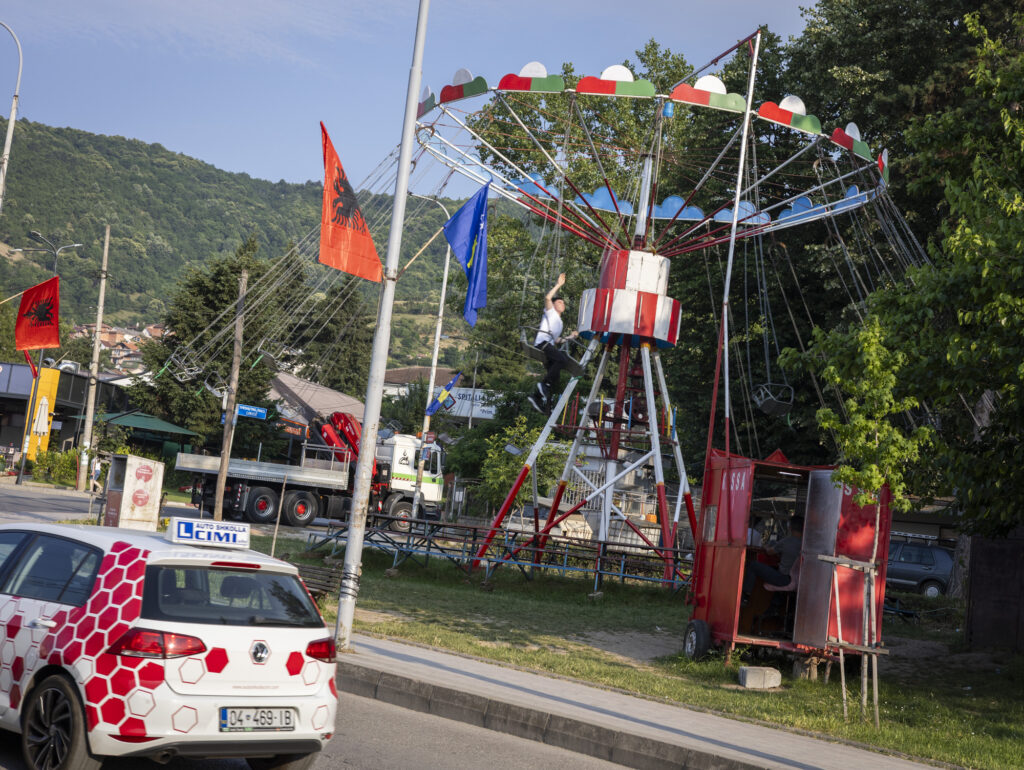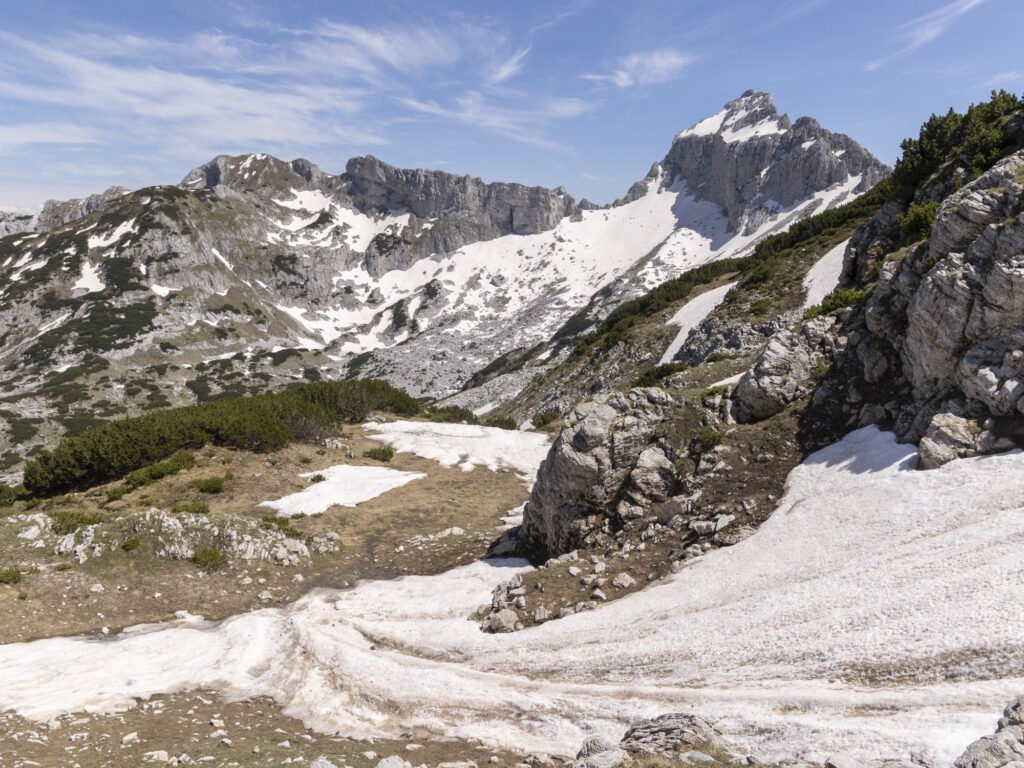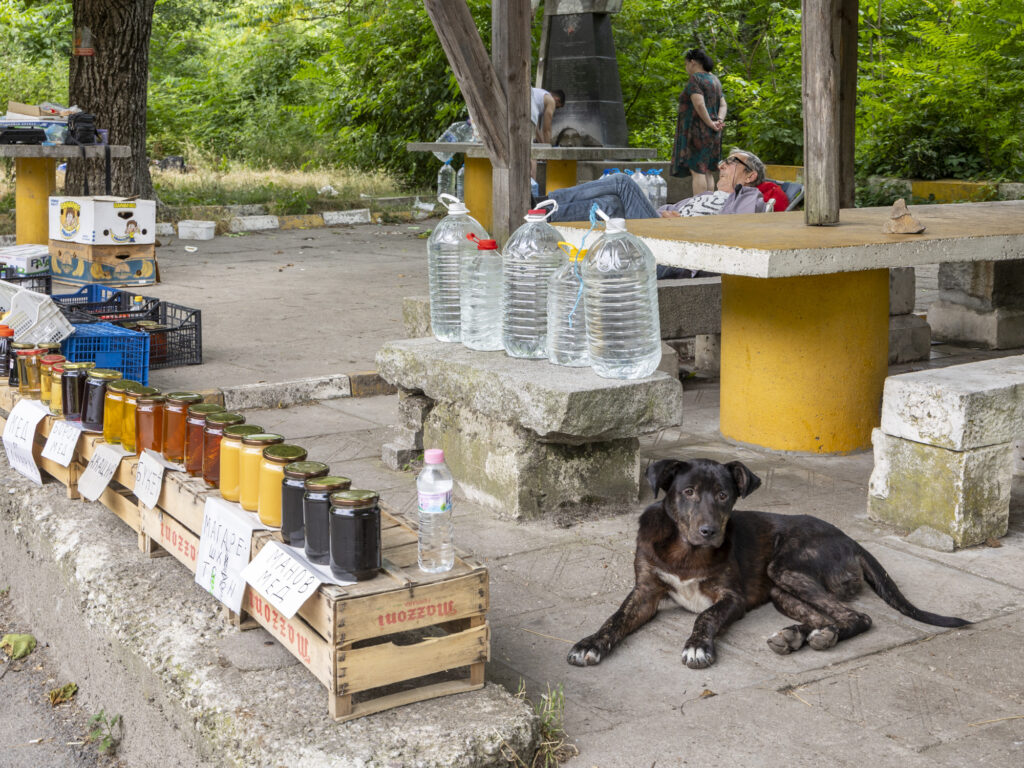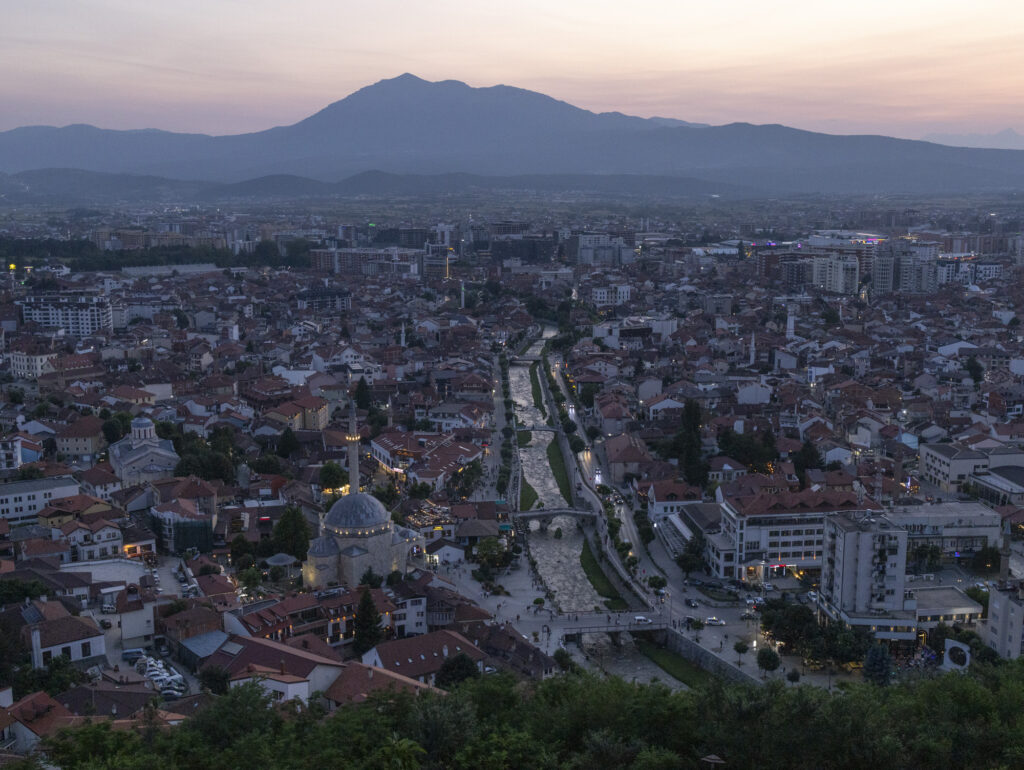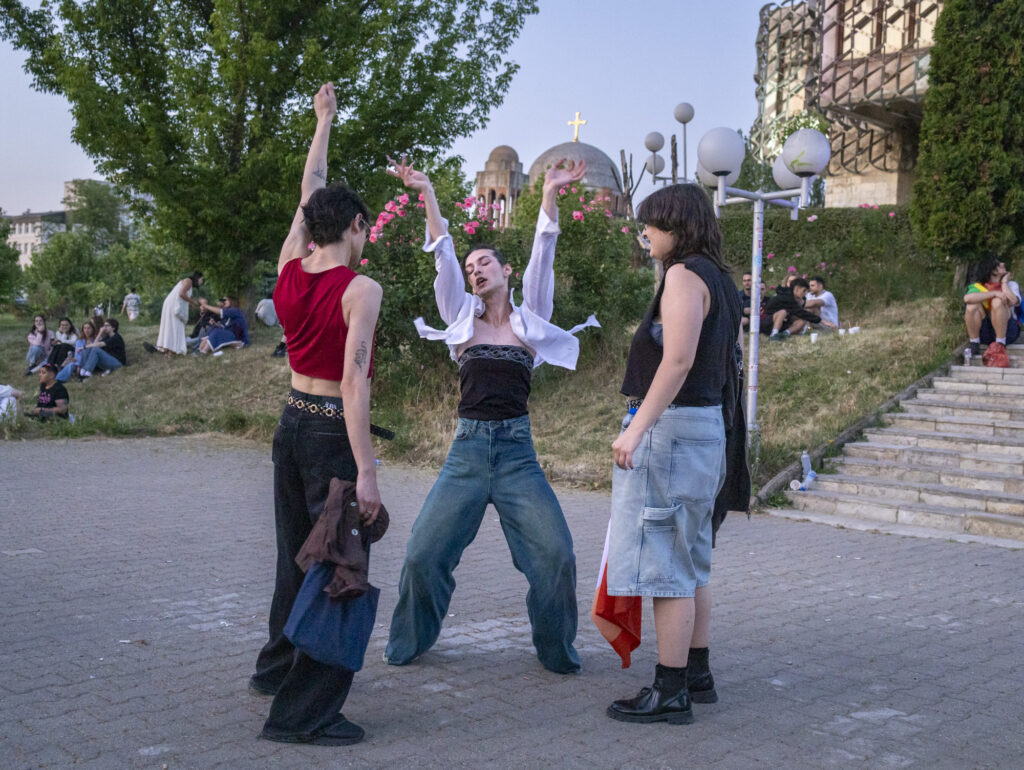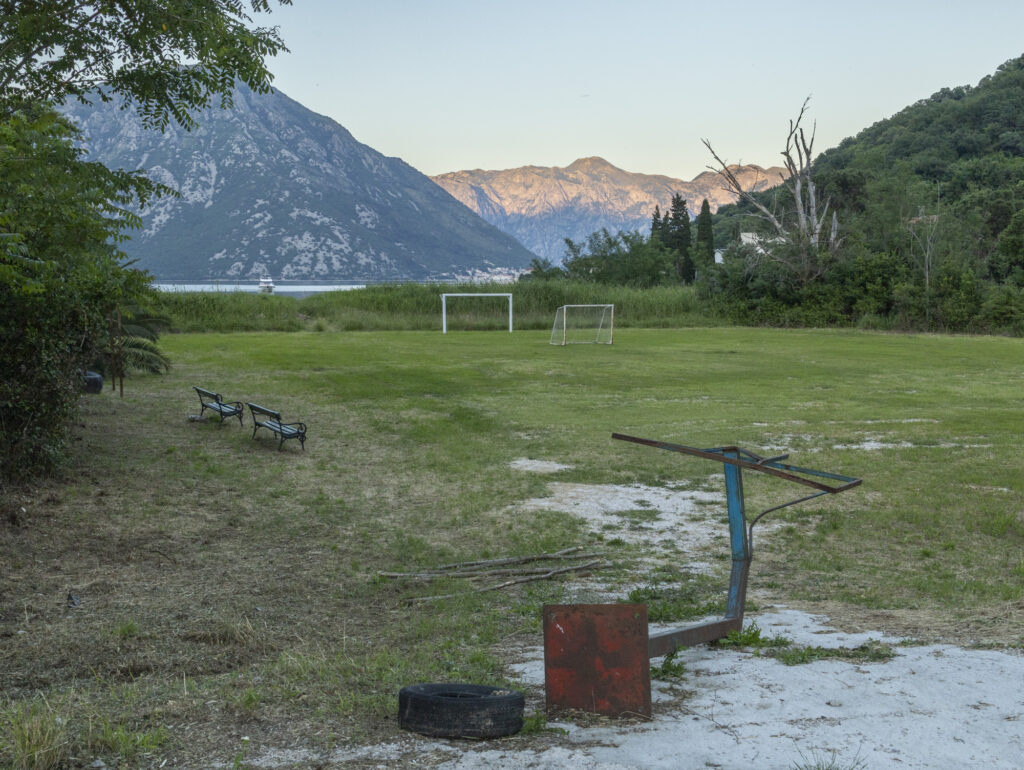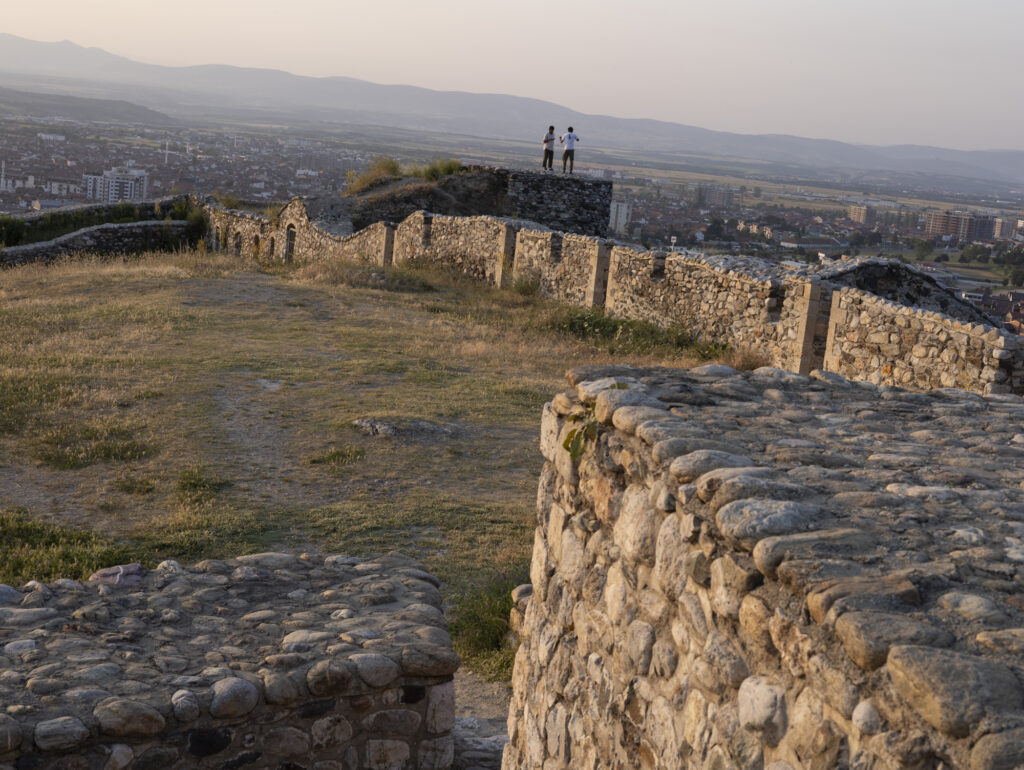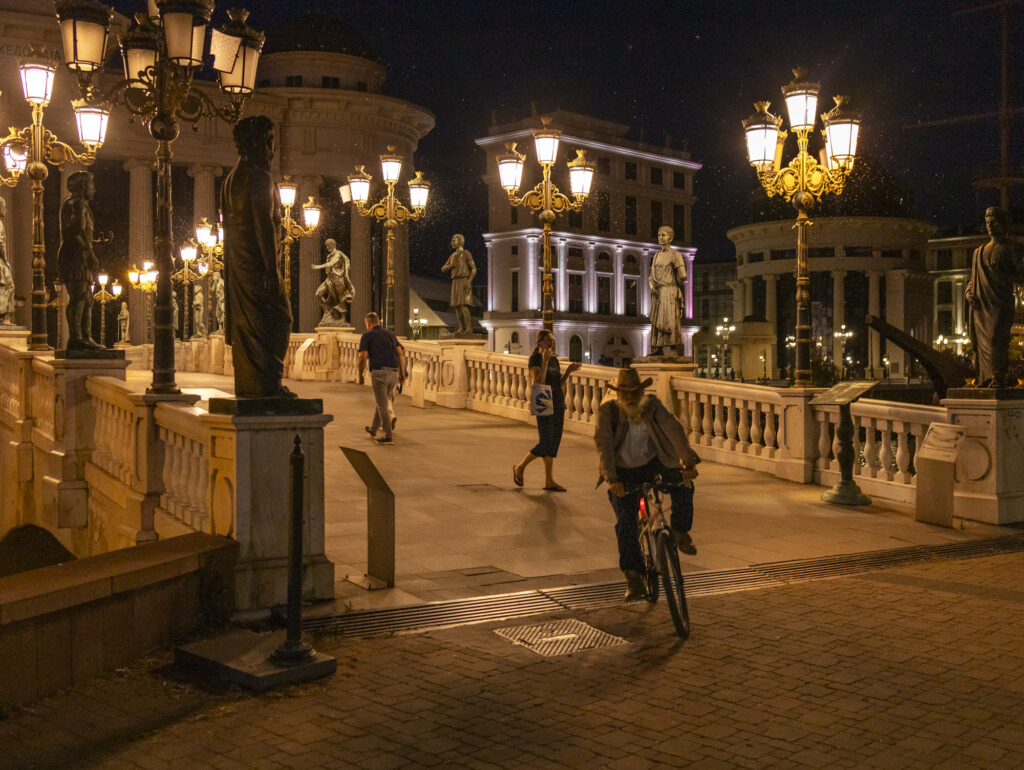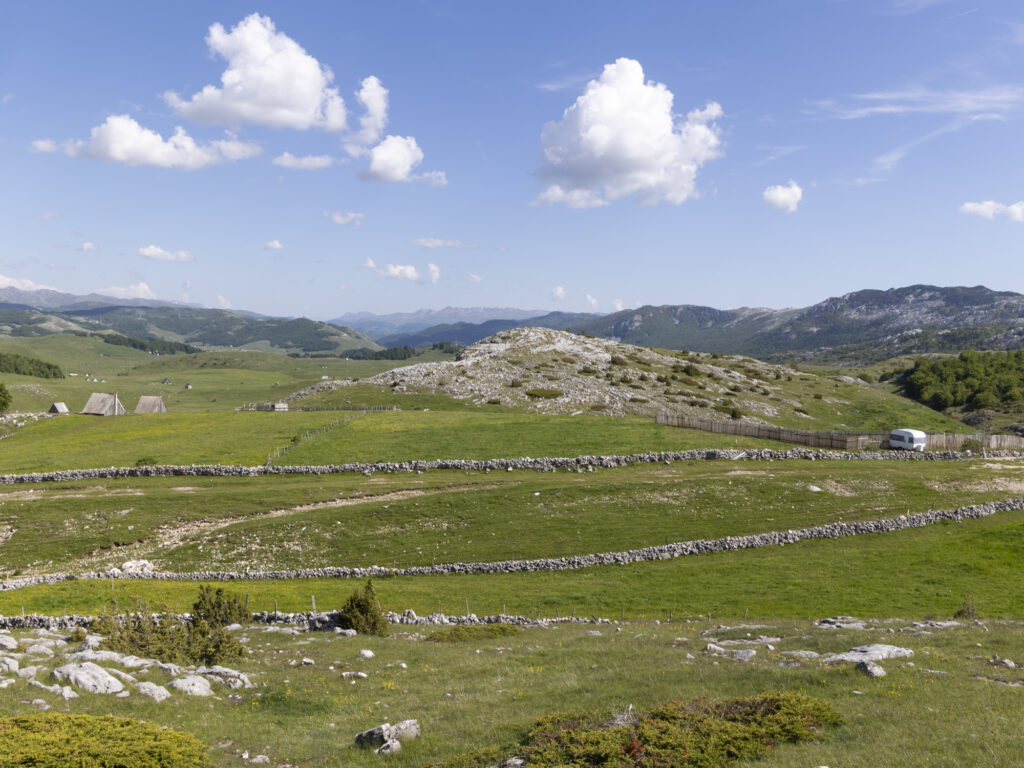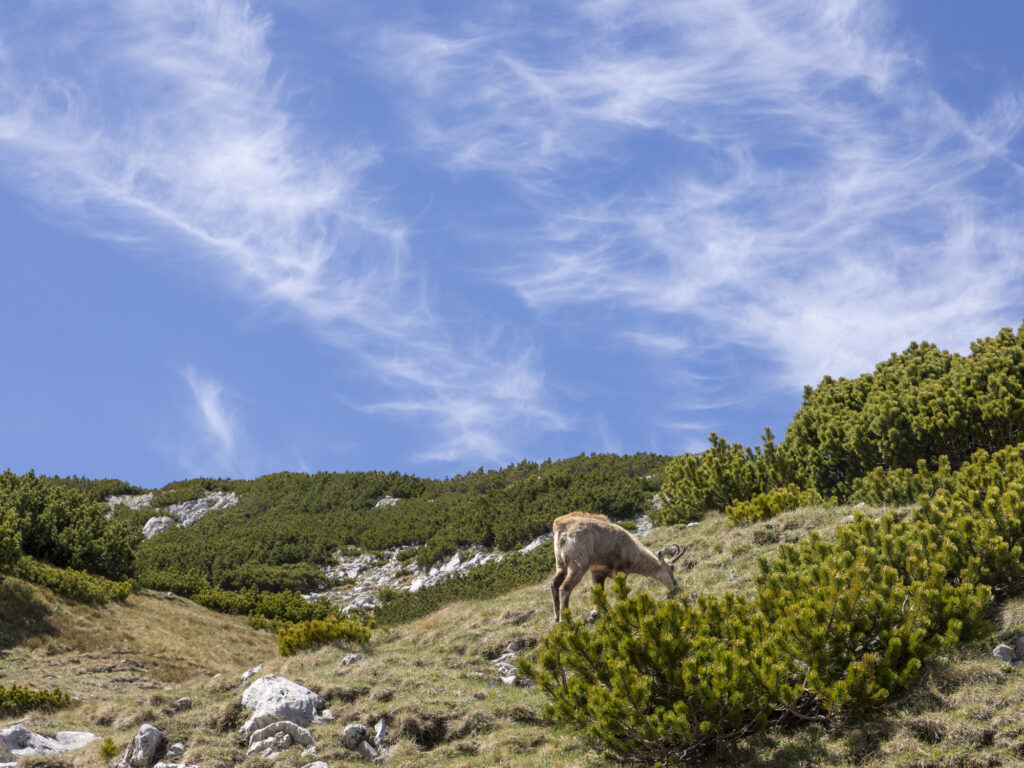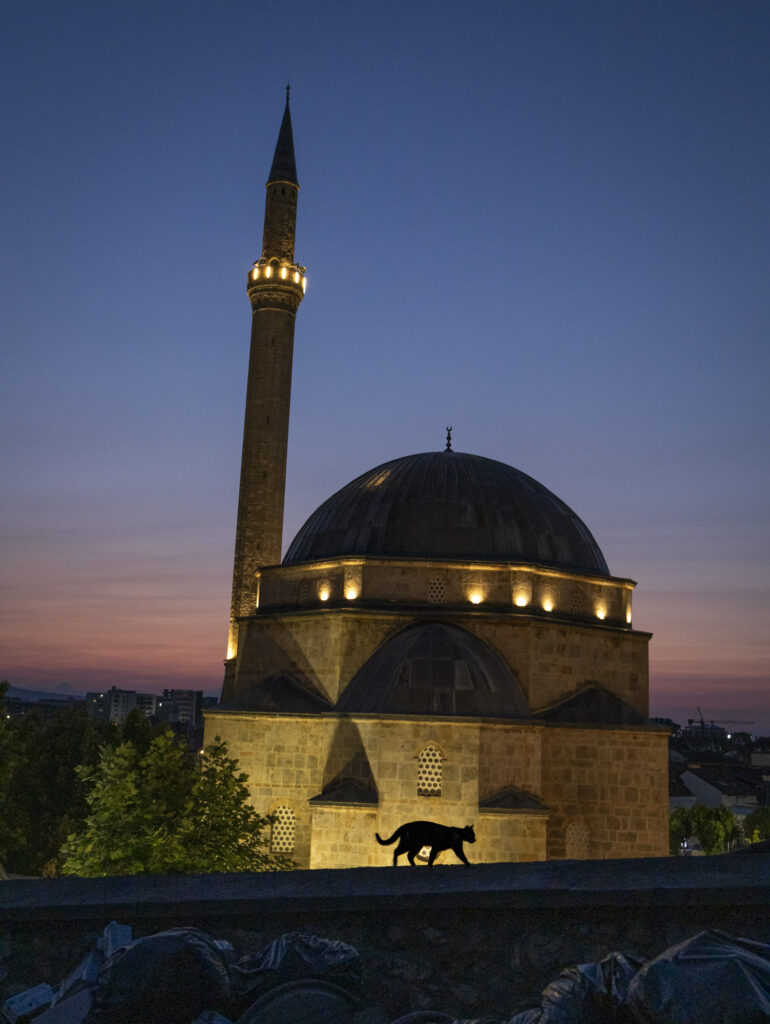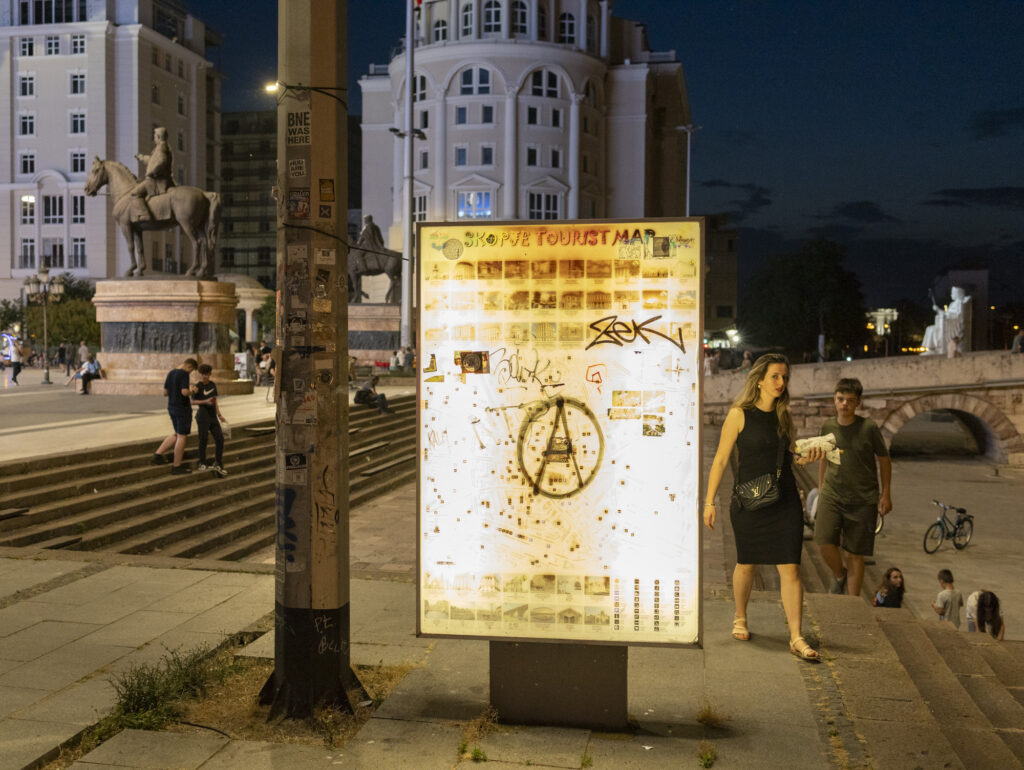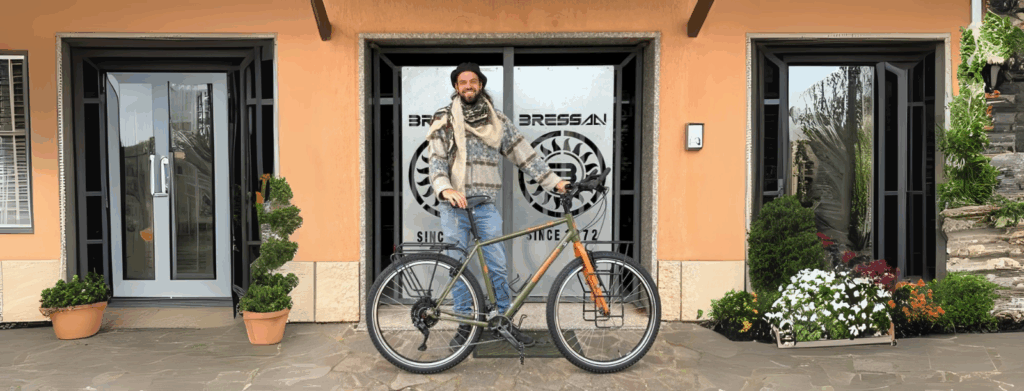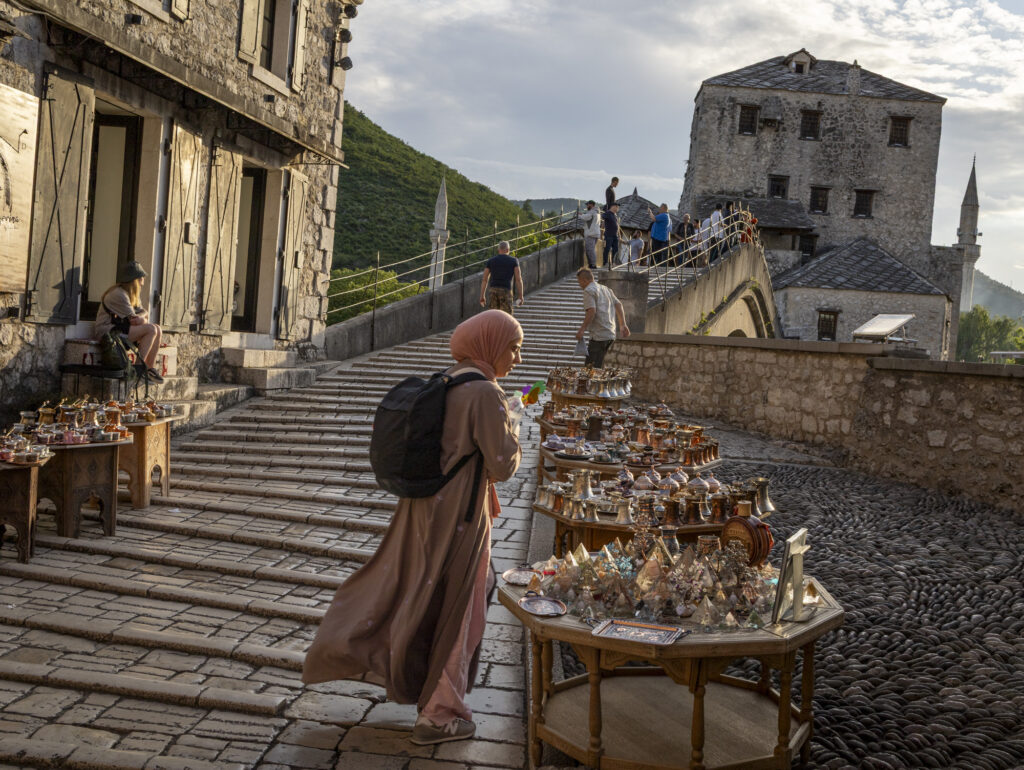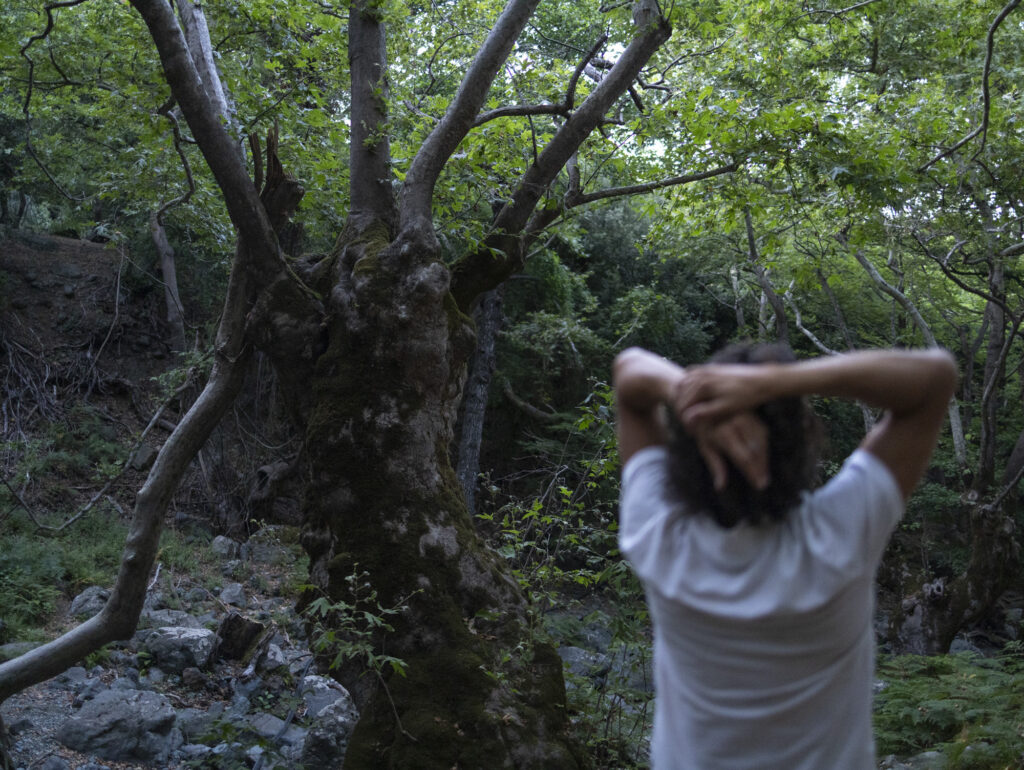(Photos and captions at the end of the text)
I imagine the journey as train tracks. On one side, the long line of experience in the world. The journey with others, events, scents, languages, and eyes. On the other track, a journey of questions, thoughts, shadows to be discovered, and lights to be directed. The tracks are always joined by wooden planks, essential for keeping the two worlds at the right distance, while simultaneously keeping them united.
Along the line are many stations, and with them the twists and turns, changes of direction, slowdowns, and departures. Each time, the line resumes its classic shape, without knowing whether it is actually the same as before or a different one. What has certainly changed is what travels along it: the train. In the model itself, when the changes are greatest. In its interior, with the ups and downs of people, the smaller, more daily changes. A constant shuffling of colors, voices, and souls, which, in the end, are us.
If we find the courage, resources, and ability to build tracks, where can’t a train go?
“This is Anna! Where are you from? From Poland!”
“I’m from Finland…”
“Aaah, it’s a sweet chocolate bonbon!”
Tiffani, the owner of the hostel in Mostar, is a whirlwind. With her English mixed with Serbo-Croatian, she somehow manages to get everyone to talk to everyone. From a half-mute Chinese man, to a confident and strong Estonian, to the little “Polish” Finnish girl. “Aaaaah Tala Tala, friend Italja! Guest number one!”
Leaving Mostar, on an up-and-down journey toward the sea, I experience many different encounters in a single day. A German couple on a bicycle, alarmed by a cord hanging from my bag, by landmines, by dogs, by the heat. An elderly Dutch couple, again on bicycles, who, passing me on the road, want to tell me every minute of their wonderful journey.
The eyes of a monastery isolated among the scorching mountains, spying on me in the silence of two in the afternoon, as I peel a banana under one of its trees.
The cashier who gives me chocolate, even though I don’t have enough money in itself.
And then the human differences in similar circumstances: up a slow climb twisting in continuous hairpin bends, between rocks and clouds that don’t block the 1:00 PM sun, I sweat and puff. Little by little, I lose myself in thoughts, waiting to reach the top. A girl with a van stops: “Do you need anything? Food? Water?” He gives me a bottle with the words “Take me where the only song is the one the birds sing.” Soon after, the climb gets even more intense. A large car pulls up alongside me; I don’t understand why it doesn’t overtake me, but I’m so tense I can’t look.
Then I give in. I find them next to me, moving at my speed and staring at me: “Hey! Do you know where we are?” I lose my balance and go off the road. Not a word comes out of my mouth; I can’t breathe. My first instinct is to tell them to go fuck themselves. But I try to tell them to stop further ahead, that I’ll help them. They drive off.
It’s not always easy to understand what’s in front of you.
I say goodbye to Bosnia’s 9 km of coastline and arrive in Dubrovnik. A jewel. Dazzling, marvelous, desired, icy.
I find myself wandering among heels, restaurants, shirts, and souvenir shops. All immersed in a fairytale beauty, a city straight out of a video game.
The beautiful girlfriends, the lavish dinners, and the sky-high prices of everything make me feel more alone than usual. So I take refuge in the sea and its horizon, protected outside the walls.
A beer, an apple, the usual silence.
Then, I spend the nights battling bedbugs, Morpheus’s worst enemy. When I cross the border into Montenegro a couple of days later, I’m relieved to have left difficult days behind and to have a change of scenery.
I reach the marvelous Kotor Fjord, where I prepare for the great climb towards the mountains.
I don’t yet know that the difference in altitude I must overcome must begin not only on the road, but also within me. Dubrovnik has simply turned on a light bulb in the darkness. It takes a while for my eyes to adjust to the dim light, however, and so, over time, the room begins to reveal other objects, its drawers and doors.
Climbing uphill under the sun draws small salt works on my T-shirt. Fountains and faucets set the pace for my breaks; every small descent brings me the relief of a caress of wind. In the small village of Grahovo, I meet Resan, a boy who plays soccer alone. His teammate is the low wall of the square, where plants are slowly reclaiming the monuments and structures. Among the passersby, he’s the only one who speaks to me; two words in broken English are still better than the silence of the stones. And CR7 is still an international touchstone.
In the evening, I reach Kocani, where I pitch my tent in a place I’m sure I saw in a dream a few weeks earlier. What a strange feeling.
For the next two days, I push on, passing through dusty roads, the great Piva Canyon, and the majestic Durmitor National Park. A small detour takes me to the monastery of the same name as the canyon and the lake, which I’ll skirt shortly. As I descend the narrow road that leads to the entrance, I immediately feel a change: I feel like I’m submerged underwater, in the hushed silence of a place far from the world. The sun is shining, the green lawn is surrounded by a stone wall, the house of God and that of the friars. Everything is still, even the sole inhabitant, who sits under a portico, wrapped in his thoughts and sporting a long, graying beard. He doesn’t see me until the wind knocks over one of the plastic bottles I’m filling at the fountain, revealing me. He nods. Everything remains as it was before. Then, almost holding my breath, I slowly make my way toward the exit. I give a small nod of thanks, then get back on my bike and, in a few minutes, refreshed, reemerge among the cars and the road of the superficial world.
Toward evening, when small stones rain down from the walls and echo within the valley, I pitch my tent just above the lake, in a safe spot. The birds sing and exchange words, a deer howls with its hoarse voice. For a few days now, I’ve felt a deep empathy for insects. Especially when I see them crossing roads and think about the incredible journey they’re making and its immense dangers. Mine, by comparison, seems like a joke. How many of them will make it to the other side alive? Beetles, caterpillars, ants, earthworms. The slower they go, the more I think they’ll never make it, despite my efforts to avoid them. I often wonder if they’re aware of what a road is and the dangers it brings, if there’s a communication within the species that says, “Hey, we’re going to die there!” Perhaps, however, it is precisely those insurmountable boundaries that will make us discover what didn’t exist until the day before, that will allow us to find the seed of a new plant, hear the voice of a new heart. Or simply find a new home.
Who knows if we are so different.
In Žabljak there is no water. During some construction work, they punctured a pipe, flooded the village, and left everyone dry. No shower after four days of sweat. Upon arriving at the campsite, however, they offer me a rakija: it seems like a good compromise.
After crossing the great mountains of Durmitor, I decide to rest a bit before tackling them again. This time on foot.
After a day of walking, among rocks, snowfields, and chamois, I descend into a steep valley where there is an abandoned refuge.
I am alone. I sit to watch time pass and breathe in the tranquility of this place. A herd of cows is grazing there. Some are eating, others are rubbing themselves against the bushes, a few are lying on large leaves covering puddles of water and mud. Their peace is contagious. A large bull emerges from behind the shelter wall and stops a few meters in front of me. He looks at me and then, calmly, peeing several liters.
We watch each other for a while, until he leaves.
Pieces of the shelter’s roof are scattered across the meadow, probably torn off during a storm; countless yellow flowers wag their tails among the blades of grass. It’s 6:00 PM and I’m ready to go to sleep. I’m convinced I’m the only human in the valley, when suddenly, behind me, I hear voices.
Two girls emerge, with physiques that rival the muscles of a large bovine.
They’re Swiss, and between one chat and another, I discover they’ve been walking for four years. They arrived from their homeland in Nepal! And from there, they flew back to Montenegro to continue walking towards other shores.
Night falls; they sleep in the tent and I sleep inside the shelter, in the only room not heaped with trash and broken or abandoned objects. It takes me a while to fall asleep, my head buzzing: thoughts, words, voices. Voices…! Voices of girls who are much more real than anything my subconscious can invent. It’s not the two girls from the tent, I’m sure of it. I feel like I’m having auditory hallucinations. I check my phone: has a recording been played? The voices seem to be coming from inside the house: for a moment, I think of spirits in the shelter.
My brain simply can’t conceive that someone could be arriving at night.
Instead, two little lights peep out of the window. There are new guests, real people.
As night falls, I meet Jolisa and Yvonne. They had been standing on a wall watching the sunset, then venturing out onto the trails with the last of the lights. They’re full of energy and enthusiasm; so, sharing a room, we chat for a long time. I discover that Jolisa is traveling in a tuk-tuk from Holland to Pakistan. I’m shocked; it’s incredible that in an abandoned shelter in the mountains of Montenegro, out of five people who meet, four are traveling so far. This thrills me, but at the same time it leaves me feeling nervous, which lingers for a couple of days. The next day, in fact, nothing works: not my mind, not my body, not the trails. And that’s not a great mix when you’re in the mountains several kilometers from the return trip. The snow often blocks my path, so I’m forced to leave the trail and climb to the first pass. I admire and envy the chamois that nimbly circle around me, without any fear whatsoever, an emotion that instead crosses me at various moments, but which fortunately I manage to control. The same snow also prevents me from reaching the highest peak, Bobotov Kuk, 2,523 meters of rock, but my body was waiting for no other news.
So I set off towards another pass, slowly swaying between snowfields and scree slopes, then descending in record (negative) time to Lake Nero, to the bar.
Perhaps venturing through strenuous mountains carrying several kilos on my shoulders isn’t exactly what my body requires on “rest” days.
My final farewell as I leave Žabljak is from Jelena, who shouts her daily “Emanuello!” as I leave the campsite, followed this time by a “Bye!”.
Why meeting other longtime female travelers has left me feeling uneasy remains an open question: perhaps because they made me think of distant places, of problems I’ll have to face, and thus took my mind off the present moment? Perhaps because they made me feel a little less unique, pricking my ego?
The climbs of Montenegro, however, soon give me other things to think about. I’m against the wind, and the hairpin bends seem to rival the Amazon River in terms of curves, so much so that a Slovakian motorcyclist, seeing me gasping for breath, offers to tow me to the top with a rope: I politely decline. Along the road south, in an entire day I have the pleasure of passing only one village, a tiny one: Boan. Driving through it, I immediately notice a minimarket made of wood, iron bars, and sheet metal. It looks abandoned, but then I notice red and blue neon lights inside: it’s alive! A few meters further on, the post office is overgrown with plants that silently creep into the window frames, but even these seem to be functioning somehow. A few more meters, and we’re already at the edge of the village, and it’s the turn of the large hotel. I give this one up for lost. It’s all dilapidated, the classic abandoned beast in the middle of nature. Looking carefully, however, I discover lights on and tables set on the first floor. If it weren’t for a group of motorcyclists stopped at some kind of bar, I wouldn’t know whether I believed there were actually people in this place, because apart from them, I couldn’t see anyone at all.
Along the way, and as the days went by, I passed through the towns of Kolašin and Berane, among children selling lemonade on the roadside, students gazing at me curiously, and cows slaloming between them. A shepherd who had just led a couple of them, blocking the traffic, dressed in a red T-shirt that barely conceals a belly that betrays his vices and gluttony, gave me a toothy smile and raised his fist: “Bravo! Sport Medizin!” A gas station attendant, while I was filling up my water, greeted me in Italian: “Buongiorno signor conte! Vai in Macedonia?” Yes, but Kosovo would also be involved.
And then, suddenly, the mountains end: from the pass, on the border, an immense plain stretches out before me. I hear someone singing. It’s my calves: a part of me is truly rejoicing.
As I descend, I continue to gaze at this country, somehow trying to believe that the wider the view, the more I can understand. I have to stop to take off my headphones. What does Kosovo sound like? What do you hear? I repeat to myself three or four times, “I’m in Kosovo, I’m in Kosovo…” almost as if I can’t grasp its meaning. For me, born in ’92, the word Kosovo is sadly associated with war, violence, and massacres, yet 26 years have passed. What is there today?
Leaving the mountains and immersing myself among the people, I soon reach the town of Peja. The atmosphere is already very different from Montenegro and the Balkan countries I’ve traveled through. There’s more confusion, more noise, more disorder, more movement.
Peja gives me back the time to have nothing to do, and so here it is, that dear brain that day after day awaited the moment to come out and take stock.
I spend my time sitting in the park, observing the world around me and, above all, writing, trying to observe the world inside me. While I’m sitting in the shade, drinking a cold drink, with no set timetable, on the other side of the river, a group of construction workers are sweating and working hard. One of them is struggling to push a wheelbarrow up a wooden ramp to reach the floor of the building they’re working on. Almost no one is wearing a hat, and the sun is very strong. They have a water hose always open, which they use to cool off and to water their workspace. “How tiring,” I think. They look like so many ants, moving and doing things. And me? Am I a cicada? And is being a cicada really that bad? And is it really the same as in the story?
At sunset, I’m back on a bench, watching. The truth is, I’m bored, and that’s new. I’ve always been good at not having things to do, at having time, at moving in the void. Probably the years in Bologna have disaccustomed me; in the frenzy and the hundred things to do, I’ve lost the ability to stay still in the moment. Maybe the Balkans aren’t giving me what I’m looking for. Maybe… maybe the answer isn’t here. The cause of my boredom and the accompanying malaise isn’t to be found in these questions; I’ll find it.
From Peja, I move on to Prizren, the country’s jewel of a city, a gem left behind by the Ottomans. With Arsim, the hostel manager who accompanied me around the city and welcomed me like a friend for two days in Peja, I encounter the generosity of these people along the way to the Prizren Gate.
A man gives me a bottle of cold water and says, “Respect.” Another, shocked at the sight of me, almost awakens and offers me a cool lemon drink. Several passersby simply wave. A group of construction workers on break raise their arms as I pass and shout, “Go! Go! Go! Go!” I enter the city, excited.
In Prizren, I definitely have more company: from Syria, Morocco, France, Jordan, Saudi Arabia, South Korea, Japan, Kosovo. I’m pleased; I want and need social interaction, but something still pushes me to stay alone. I wander through the first day, aimlessly, without a reason, waiting to meet someone. At times, I have company, but I still end up alone.
The second day, not much different, ends at the top of the fortress, watching the sun close its orbit.
In the slowness, in the silence, in the absence, the answer I was looking for arrives. In the last year and a half before leaving, I slowly changed the mental approach with which I approach the journey. From a more intimate one, of inner and spiritual exploration, of gut instinct, to a more professional, more practical, more rational one. The weight of four years of photography school, of hours spent learning to search, interpret, and tell, is all on my mind. A sort of expectation, of productive pressure: you have to do reportage! “You have to.” That’s why you’re going, right? And so every day a little voice asks me, “What are you doing today? What work is there here? What stories could there be? Are you taking photos?”
This voice, however, isn’t mine. Or rather, it’s mine and absolutely no one else’s, because I’m the only one imposing all this on myself. The world certainly isn’t waiting for me and what I do. Yet it doesn’t come from deep within me, it comes only from my head. And in my head a million things are whirring, often precisely the ones we shouldn’t listen to, because they’re often not real voices, and above all, they’re not sincere voices. Not being all of this, they’re not even voices, and consequently, strong motivations.
Despite the immense fortune, the absolute privilege of being able to live this life where I have the freedom, the human support, the financial means, and the courage to undertake this journey, it cannot be such a shallow force that keeps me going, that enables me to see beauty while simultaneously bearing the weight of complexity. Because if I wanted to live a certain life, I could have stayed in Bologna: I had it all. Peace, sincere affection, a path to follow in my work and my passions. Instead, I decided to question everything, to give up physical and emotional comforts, the security of stability, and love for people. And why all this? It certainly can’t be a voice from my head, a “professional” desire, that draws me into this adventure as a driving force. It can only come from within, from much deeper within, from the heart. And it is precisely there that I rediscover all the desire, the strength, and the reasons for this journey. Because I’m not only searching outside, but also within, and the light for such a journey can come from nowhere but from within. Except from the heart.
Where the light comes from, in fact, nothing changes about what we can do every day. Only the way we do it.
It’s from there that I have to start looking at everything again, because in five years spent planning, studying, and dreaming all this, there has always been an enormous passion, curiosity, and love for the world. In its most harmonious and sweet nuances and its darkest and cruelest.
I left to question myself, to reshuffle the cards, to understand which are the fundamental ones. In search of nothingness, of God, and of something I don’t know.
From below, among the city streets and the mosques, the rhythms of the gypsy children’s darbukas and the songs of evening prayer resound. The theme song of the KLA, the Kosovo Liberation Army, stands imposingly over the valley. Just below, a large Albanian flag flutters.
I wonder if a new dawn has risen in this sunset.
Cycling in Kosovo is truly a treat. Beyond the few mountains and despite a rather hot sun, in one day I practically fill a stocking. I’m stopped repeatedly: a chocolate bar, a snack, a banana. Some kids in a white Audi pull up alongside me and pass me a Red Bull through the window. A young policeman films me as I go down a hill and waves with a smile. A man from a country house stops me, and in a moment the children are all on the road. The youngest, wildly, asks me what’s in each bag. I don’t know what language we understand. The oldest asks, “What’s you’re from?” and fills my bottle with cold water.
I initially had no intention of going to Pristina. However, an Italian friend, who lived in Kosovo in 2008 (the year of its declaration of independence from Serbia), told me about it in a rather peculiar way. Perhaps not particularly well, but it certainly made me understand that it is a symbolically powerful place to understand some of the dynamics of this country.
Kosovo is effectively a US base in the Balkans. While the EU has tried to keep the countries of this region on a leash over the years, often promising carrots but then effectively leaving almost everyone high and dry and thus increasingly losing credibility, others have approached and infiltrated. The US and China, in fact, are the major countries that are tying up with the Balkan republics, slowly gaining more and more power in these lands.
The 1998 Serbian-Kosovar conflict was a great opportunity for the US to infiltrate the Balkans, lending support to those challenging Serbia. The Slavic country has always been a close ally of Russia, and in recent years has become increasingly close to China.
A perfect opportunity to gain control of the region’s resources and also make its presence felt in the face of historic enemy powers.
So, on my first evening in the capital, after wandering through narrow streets, squares, and monuments, I find myself on George Bush Avenue. The air is filled with the deep rumble of electronic music, mingling with reggaeton and other bass-heavy beats. I try to figure out where it’s coming from, and, approaching the national library, I stumble upon Pristina Pride (here’s the article on the situation of LGBTQ+ people in the Western Balkans).
I don’t discover much more in the capital, but I spend some very pleasant days with Chilean friends, who always make me feel at home, and Kosovars, who never miss an opportunity to invite me out to listen to music, eat, and meet new people.
After about a week, I leave the country with the lowest average age in Europe, around 31. 50% of the population is under 30. The atmosphere today is consequently lively, born from the energy of a youth who believes in the growth of their country. My questions received clear answers: after 26 years, despite still facing major political and economic challenges, Kosovo is an extremely vibrant country.
The ride to Skopje turns out to be one of the worst ever: no human contact, but above all hours and hours spent among businesses, factories, and buildings, on a road full of potholes and dust, flanked by trucks, trucks, and trucks. In the capital of North Macedonia, so called since 2019 to cool tensions with Greece and reopen the possibility of joining the European Union, Emre welcomes me. He’s sitting on a bench smoking, wrapped in long hair and an unkempt beard. He sees me arriving and looks around: “Hey! Are you looking for the hostel? It’s over there!” He approaches with his yellowish eyes and sweaty forehead, and opens the door to the building for me. “Are you a communist? I have some Sardinian friends; they’re communists!” They help me carry my bags upstairs to what is essentially an apartment in a Soviet-era building, gray and peeling plaster like hair. Emre is in the same room as me. “You know, I’m a communist. I mean, no, an anarchist. I’m a socialist! I can’t stay in Turkey anymore, because of the police. They cut my head open at a protest, back here, those bastards!” As a giant man slowly passes through the room, Emre starts playing Turkish punk music for me, blasting it from his phone. We move to the kitchen, where he continues talking nonstop, until the giant man tells him to at least stand on the same side of the room as me, without shouting across the room.
Skopje, from what little I’ve experienced, is a rather bizarre city: the center is a kitsch neoclassical reconstruction. Colonnades, pediments, white-chalk facades, dozens of statues of national heroes, and baroque fountains cover and camouflage the enormous apartment blocks that Japanese architect Kenzo Tange built after the devastating earthquake of 1963, in a city that was 80% in need of reconstruction. Futurist Brutalism proposed exposed reinforced concrete structures, which President Nikola Gruevski, driven by a wave of nationalism, attempted to “improve” in 2014. There is widespread popular discontent. Blue, pink, and red neon lights illuminate the square, the buildings, and the statues. Two large sailing ships are now stationed along the Vardar River, in the heart of the city. Outside the orderly and majestic center, Skopje reveals itself to be noisier and more disorganized, as well as diverse and multi-ethnic. Several ethnic groups have a significant presence: in addition to Macedonians, Albanians (20.5%), Roma (4.6%), Serbs, and Turks are also very numerous. On the streets, at traffic lights, and in the squares, it is the Gypsy families who stand out the most. I have always had a soft spot for them, a certain interest, fascination, and curiosity. I admire their freedom, their unconventionality. When all is quiet, they are the ones making noise, laughing loudly, moving wildly, being the happiest. Alas, reality tells us that their lives are much more complicated than that. Racism and discrimination are daily bread; poverty, hunger, and hardship are some of the consequences. Behind the children playing the drums are often organized crime rings, forcing them to collect money and then pay a high percentage of the profits.
At night in Skopje, sleep is as pleasant as a mosquito. There are only a few specimens of the small flying insect, but the real problem is the giant man. Usually, when someone snores, I have no problem waking them up, making noises to stop them, even throwing things at them. In the meantime, however, I’ve discovered who this character is. It’s Ervin Katona, the 2011 world champion as the “strongest man on the planet.” He holds the record for lifting 300kg and pulling a 40-ton truck. Today, he owns the hostel and sleeps in a shared room with eight beds. I don’t bother him.
The yellow of the sun-dried fields surrounds me for several hours, only to give way towards evening to a greener valley. It’s the height of summer, and North Macedonia is scorching. The silence of the thirsty plains echoes that of its inhabitants as I pass by, with whom interaction is practically nonexistent. Several times I say hello to someone, and they, looking at me, don’t return the greeting. This has never happened to me before.
Entering Bulgaria, things don’t change. In Sofia, however, I know I’m expected.
Marina, a former Bulgarian roommate of mine, lives in the capital, and I’ll be able to say hello after almost ten years of not seeing each other. And then there’s Lorenzo, the son of a very dear friend of my mother’s, with whom I spend wonderful moments laughing, eating, and sharing our lives. We almost met in 2013 in Australia; We made it today in Bulgaria, where he lives and started a family.
Amid all this, however, I’m staying at the home of a former colleague of his. Born in Iceland to a Polish father and a German mother, with an Italian grandmother, he grew up in Spain. He’s been living in Bulgaria for several years with his girlfriend, Sofia. His character perfectly reflects his origins, a mix of charm, kindness, and delirium. He’s an avid gamer and spends his days drinking Monster and smoking joints from morning till night, playing on his PC in a virtual world that, in many ways, isn’t too different from real life. Among the various conversations we have on the days I’m there, this phrase comes out: “I really don’t understand how someone can spend €100 on a T-shirt. If I find three for €5, I think they’re perfect for me!”
His life as a gamer makes me think a lot, and this phrase is the trigger to delve deeper. Buying T-shirts for €100 is a bit like buying an identity, looking for a way to belong to a life of some kind. €100 is almost certainly not the value of the fabric and the work done to obtain it, but the value of the meaning of a brand. Having it, you enter a category; having many, you go even deeper. The more you have, the more you are. In a certain sense, each of us tries to create a life for ourselves, to give it meaning. Often the “tactic” is to rely on material goods that make us feel part of something and be someone. In reality, however, what we live in is a world that doesn’t exist, because reality is very different. But the mass, or rather the quantity of people who follow that type of “tactic,” is enormous. And this is its strength, thus transforming a reality of life that doesn’t exist into a reality that simultaneously exists. So much so that, in this case, it is one of the most widespread lifestyles in the Western world. If many of us think alike, something unreal can overturn its shape. I don’t think the gamer is any different. He doesn’t enter a virtual world of meanings, logos, ways of appearing. But it enters into one that is equally invented, created, and fake. So fake yet so shared that, in the end, it’s real. Because if there are thousands of us chatting, vying for resources, falling into the dynamics of power and market forces, and above all, our moods fluctuate and depend on the dynamics of that world, and to some extent our wallets, then it can’t be said that that world isn’t real.
In the end, buying €100 t-shirts isn’t much different than spending 10 hours a day in an online world. And so on, the parallel realities we create and, ultimately, inhabit are probably infinite. Because nothing is real and nothing is its opposite.
Sofia is gigantic. Large parks break the chains of Soviet buildings and new, more “Western”-style neighborhoods. More colors, more lines, but actually, much less greenery. The vast lungs scattered here and there are, however, very pleasant.
Despite the traffic and the large crowds, there is always a sort of “silence,” a seriousness, characteristic of its main population. Every now and then, under the trees in the squares, other ethnic groups appear, often arriving from the more peripheral neighborhoods where they gather. In front of the national museum, in a small park built around a fountain, the atmosphere is lively. Much more lively than usual. A Roma family sits on a bench a few meters away from me: a man, two women, and a little girl. Another woman approaches them, asking for a cigarette. The man says yes, but in exchange he wants to see her breasts; she approaches and lifts up her shirt. Everyone starts laughing, including the little girl. After an exchange of jokes, the man turns on a large speaker and starts blasting music. At this, the woman begins to dance and, looking at a group of young Muslim men, slowly begins to undress. The young men’s attention is quickly captured, and the woman is soon left in just her bra and leggings. Laughing, several teeth missing, she signals to the boys that she wants money to complete the dance. The group approaches and takes the microphone from the Roma man; They begin to sing and shout things toward the square. Other people approach; the children laugh. Every now and then a breast appears: the air is alive.
As usual, where there are Roma, there is disruption. A crack in the rules, in the monotony, in order. With its pros and cons. Often, all this leads to alienation and stigmatization. But without cracks, there is no change. And without change, there is no life.
I’m closing out the second month of my trip in Plovdiv, a beautiful city steeped in history. There are countless Roman ruins, theaters, Catholic and Orthodox churches, Armenian churches, and mosques. A city where so many cultures have blended, and where, as soon as I arrive, I’m stopped by William, a Belgian gentleman who offers to guide me around the city. It’s his job, but he does it for free. I’m flattered. I also have the pleasure of being hosted by a wonderful Bulgarian family: Plameba and Anton, little Eba and her newborn brother. When Eba was just over a year old, they left for Mexico and for two and a half years traveled by bicycle, until they reached Ushuaia. My bike weighs the same as Anton’s, but without having a daughter on it.
The limits of what’s possible are immense.
______________
If you’d like to support my project and read more stories, articles, and see photos, send me a contribution here!
If you have any stories, situations, or places you’d like me to share, please write to me! –> emibarbieriphoto@gmail.com
The Images
1 – Skopje, North Macedonia
2 – Durmitor National Park, Montenegro
3 – Pristina, Kosovo
4 – Plovdiv, Bulgaria
5 – Montenegro
6 – Sofia, Bulgaria
7 – Durmitor National Park, Montenegro
8 – Skopje, North Macedonia
9 – Kocani, Montenegro
10 – Durmitor National Park, Montenegro
11 – Skopje, North Macedonia
12 – The Abandoned Shelter. Durmitor National Park, Montenegro
13 – Prizren, Kosovo
14 – The Bobotov Kuk, Durmitor National Park, Montenegro
15 – In southern Bulgaria
16 – Prizren, Kosovo
17 – Pristina, Kosovo
18 – Morinj, Montenegro
19 – Prizren, Kosovo
20 – Skopje, North Macedonia
21 – Montenegro
22 – Durmitor National Park, Montenegro
23 – Prizren, Kosovo
24 – Skopje, North Macedonia
25 – Piva Canyon, Montenegro
26 – Durmitor National Park, Montenegro
27 – Skopje, North Macedonia
28 – Prizren, Kosovo
29 – Pristina, Kosovo
